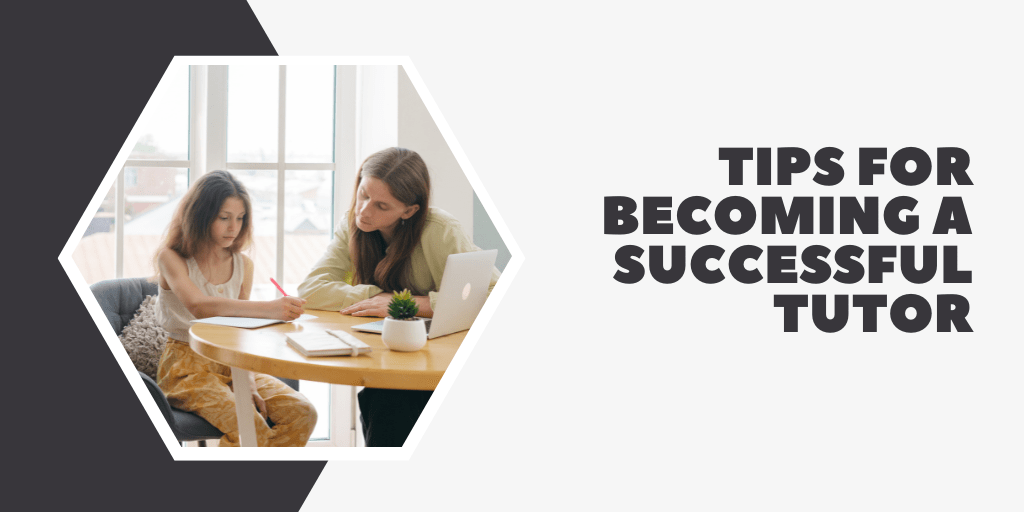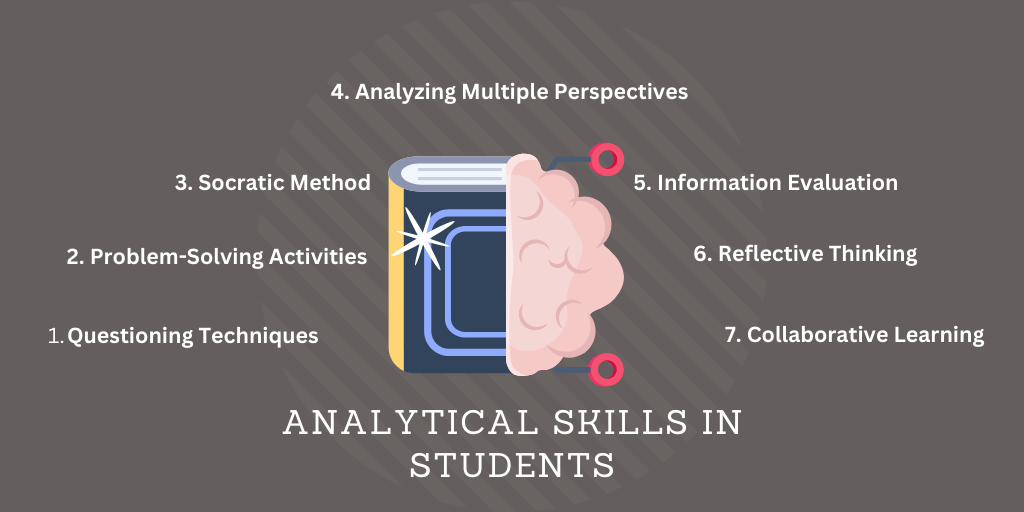
Tips for Becoming a Successful Tutor: Key Skills and Strategies
Being a tutor is not just about sharing knowledge; it's about making a positive impact on student's lives and helping them reach their full potential
Being a tutor is not just about sharing knowledge; it's about making a positive impact on student's lives and helping them reach their full potential. Whether you're considering becoming a tutor or looking to enhance your tutoring skills, this blog post will provide you with valuable tips for becoming a successful tutor. We will explore key skills and strategies that can elevate your tutoring sessions and create a rewarding learning experience for your students.
1. Master the Subject Matter
To be an effective tutor, it is essential to have a strong command of the subject you are teaching. Continuously deepen your knowledge through research, reading, and staying up-to-date with the latest developments in your field. Being well-prepared and knowledgeable instills confidence in your students and allows you to provide accurate information, explanations, and examples during your tutoring sessions.
2. Develop Excellent Communication Skills
Communication lies at the heart of successful tutoring. Being able to convey complex concepts in a clear and concise manner is crucial. Adapt your communication style to meet the individual needs and learning preferences of each student. Listen actively, ask open-ended questions, and encourage students to express their thoughts and concerns. Effective communication establishes a positive rapport, fosters understanding, and encourages active participation in the learning process.
3. Personalize Instruction
Every student is unique, and tailoring your instruction to their specific needs is a key aspect of successful tutoring. Assess each student's strengths, weaknesses, and learning styles early on. Customize your teaching methods, pace, and materials accordingly. Provide targeted practice exercises and use real-life examples to make the subject matter relatable and engaging. By personalizing your instruction, you can maximize each student's potential and help them overcome challenges.
4. Develop Patience and Empathy
Patience and empathy are invaluable qualities for a tutor. Recognize that students may have different learning speeds and may struggle with certain concepts. Create a supportive and non-judgmental environment where students feel comfortable asking questions and seeking clarification. Show understanding and empathy towards their challenges, and provide encouragement and positive reinforcement. Patience and empathy build trust and help foster a growth mindset in students, boosting their confidence and motivation.
5. Foster Critical Thinking and Problem-Solving Skills
Successful tutoring goes beyond rote learning; it involves nurturing students' critical thinking and problem-solving abilities. Encourage students to think analytically, ask probing questions, and explore different approaches to problem-solving. Teach them how to break down complex problems into manageable steps and guide them in finding solutions independently. By fostering critical thinking skills, you empower students to become independent learners who can apply their knowledge to real-world situations.
6. Set Realistic Goals and Track Progress
Establishing clear and achievable goals with your students is essential for tracking progress and maintaining motivation. Collaborate with your students to define measurable objectives that align with their long-term academic goals. Break down these goals into smaller, manageable milestones. Regularly assess and provide feedback on their progress, celebrating achievements and identifying areas for improvement. Goal setting and progress tracking enhance accountability and ensure that students stay on track toward success.
7. Continuously Reflect and Improve
A successful tutor never stops learning and growing. Reflect on your tutoring sessions, seeking feedback from students, colleagues, or mentors. Identify areas for improvement and seek professional development opportunities to enhance your tutoring skills. Stay updated on educational trends, teaching methodologies, and technological advancements that can enhance the learning experience for your students. Embrace a growth mindset and continuously strive to improve your tutoring practices.
Conclusion
Becoming a successful tutor requires a combination of subject expertise, effective communication, personalized instruction, patience, empathy, and a focus on developing students' critical thinking skills. By applying these tips and strategies, you can create a supportive learning environment,
Last update: 2023-07-18 23:18:42
 Clenta
Clenta








.png)


